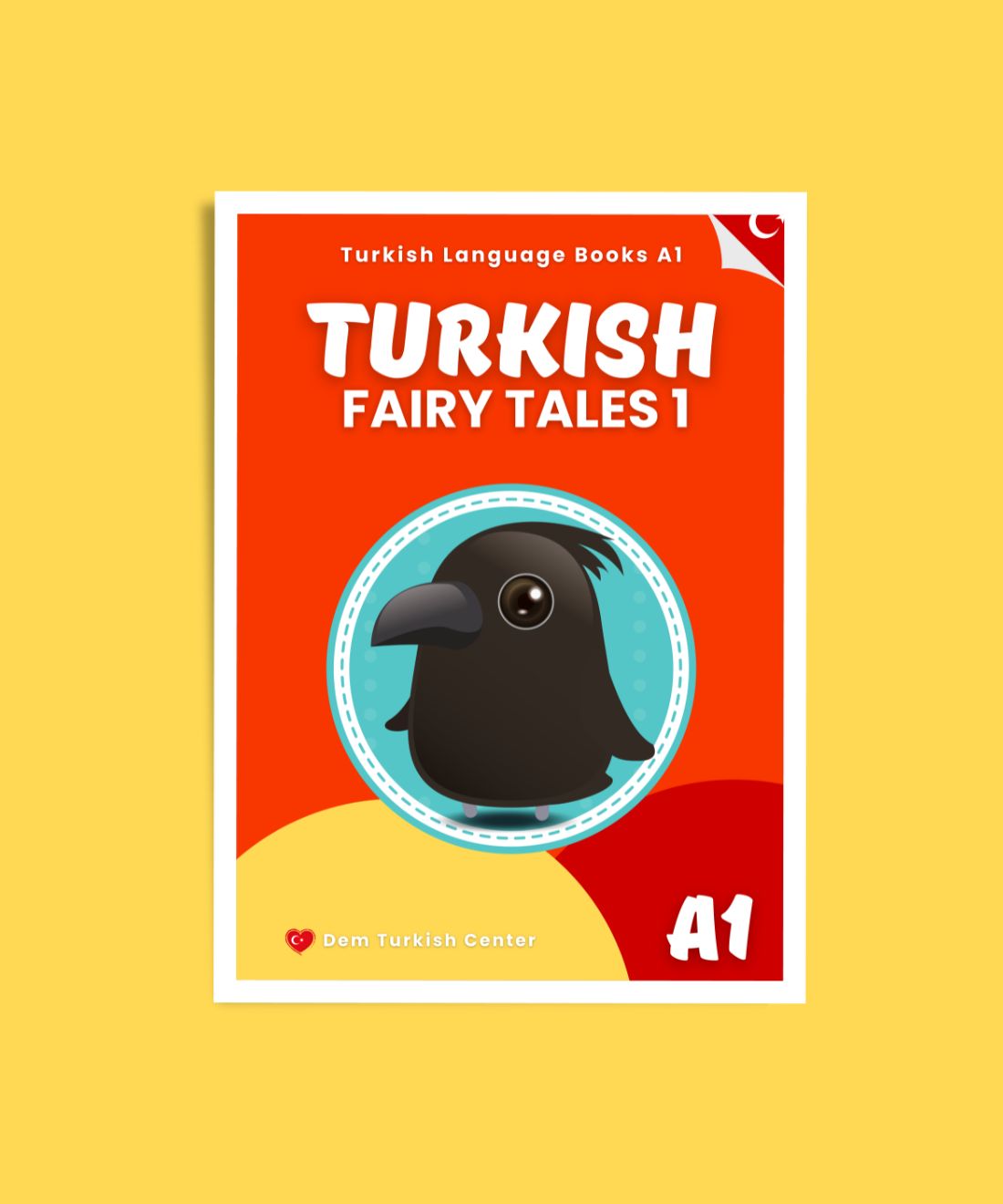
AI Prompts for Learning Vocabulary: Boost Your Language Skills
Struggling to expand your vocabulary? AI-powered prompts can make learning new words engaging and effective! By leveraging tools like ChatGPT or other language models, you can generate personalized exercises, quizzes, and contextual examples to enhance retention.
AI-powered prompts are revolutionizing vocabulary learning by making it interactive, personalized, and efficient. Unlike traditional methods, AI adapts to your pace, provides instant feedback, and keeps learning engaging through quizzes, contextual examples, and spaced repetition techniques.
Here’s how AI prompts can help:
- Contextual Learning Get example sentences using new words in real-life scenarios.
- Interactive Quizzes Test your knowledge with fill-in-the-blank or synonym-matching prompts.
- Spaced Repetition AI can remind you to review words at optimal intervals for better recall.
- Customized Lists Generate vocabulary sets based on themes like business, travel, or academics.
With AI, learning vocabulary becomes dynamic and tailored to your needs. Start experimenting with prompts today and watch your language skills soar!
AI PROMPTS FOR LEARNING & EXPANDING YOUR VOCABULARY
AI Grammar Prompts: Master Grammar Faster with These Smart Prompts
Basic Vocabulary Practice
- Give me a list of 20 common [target language] words related to [topic: food, travel, business] with English translations.
- Quiz me on basic [target language] vocabulary for beginners.
- What are the most frequently used [target language] words I should learn first?
Flashcards & Spaced Repetition
- Create flashcards for these [target language] words: [list words].
- Test me on these 10 [target language] words in 5 minutes using spaced repetition.
- Generate a quiz where I match [target language] words to their English meanings.
AI Speaking Practice: Smart Prompts to Master Conversation Skills
Contextual Learning (Sentences & Dialogues)
- Use the word '[target word]' in 3 different example sentences in [target language].
- Create a short dialogue in [target language] using these 5 vocabulary words: [list words].
- Explain the difference between [word1] and [word2] in [target language] with examples.
Synonyms, Antonyms & Word Variations
- What are 5 synonyms for '[word]' in [target language]?
- Give me antonyms for these [target language] words: [list words].
- Show me different verb conjugations for '[verb]' in [target language].
Pronunciation & Spelling Help
- How do you pronounce '[word]' in [target language]? Provide phonetic spelling.
- Break down the syllables of '[word]' in [target language].
- Give me a spelling test for 10 [target language] words.
Themed Vocabulary Lists
- List 15 advanced [target language] words about technology with definitions.
- What are essential [target language] phrases for travelers?
- Generate a vocabulary list for [target language] learners at the [A1 / A2 / B1 / B2 / C1 / C2] level.
Mnemonics & Memory Tricks
- Suggest a mnemonic to remember the [target language] word '[word]'.
- How can I memorize '[word]' more easily?
- Create a funny or memorable association for '[word]' in [target language].
Error Correction & Usage Clarification
- Did I use '[word]' correctly in this sentence: [sentence]?
- What’s a more natural way to say '[phrase]' in [target language]?
- Explain common mistakes with the word '[word]' in [target language].
Gamified Learning (Challenges & Quizzes)
- Give me a 5-minute [target language] vocabulary challenge.
- Create a fill-in-the-blank exercise with these [target language] words: [list words].
- Play a word association game with me in [target language].
Personalized Learning Prompts
- Analyze my vocabulary level in [target language] and suggest words to learn next.
- Based on my goal of [goal: travel, work, exams], what vocabulary should I focus on?
- Track my progress in learning these [target language] words over time.
Vocabulary Lists Based On A Topic
Provide an extensive vocabulary list of all the words I should know at a [A1 / A2 / B1 / B2 /C1 / C2] level on the topic of [insert topic]. Sort your list by how commonly it is used in the T[target language] language.
Definitions And Example Sentences
Provide a definition and an example sentence for each of the following words: [Insert words here]
- Present this in a table format with three columns: Word, Definition and Example Sentence.
- Ensure the definitions and example sentences are written in simple language I should be able to understand at a [B1] level.
Correcting Sentences You’ve Written To Practise New Vocabulary
I’m studying [target language] as a foreign language and want to expand my vocabulary by using new words in sentences. I will provide one word and a sentence using it at a time.
- Please check if I’ve used the word correctly and in a natural context. Identify any errors in grammar, vocabulary, or structure, and offer a corrected version with a brief explanation.
Differences Between Two Words
Act as a [target language] foreign language teacher. Explain the difference between [Word 1] and [Word 2] in simple terms, using simple language and examples suitable for a [A1 / A2 / B1 / B2 / C1 / C2] level.
In your answer:
- Provide example sentences that show contexts when it’s more natural to use one word over another
- Include sentences where both words could work, if any.
Correct Sentences
I’m studying [target language] as a foreign language and want to expand my vocabulary by using new words in sentences. I will provide one word and a sentence using it at a time.
- Please check if I’ve used the word correctly and in a natural context. Identify any errors in grammar, vocabulary, or structure, and offer a corrected version with a brief explanation.
Word Meanings & Usage
Explain the meaning of the [target language] word “[Word / Phrase]” in simple terms. Provide 3 example sentences in Turkish and their English translations.
Synonyms & Antonyms
What are some common synonyms and antonyms for the [target language] word “[Word]“? Give examples of how each is used.
Contextual Vocabulary
Generate a list of [Number] essential [target language] vocabulary words (or specify: [Nouns / Verbs / Adjectives / Adverbs]) related to [Specific Topic / Situation, e.g., 'visiting a doctor', 'cooking', 'technology']. Include the word, its English translation, and an example sentence in [target language].
Idioms & Expressions
Explain the [target language] idiom “[Idiom / Expression]“. What does it mean, when is it used, and can you give me an example conversation snippet using it?
(You can also ask: “List [Number] common idioms in [target language] related to [Theme].”)
Word Differences (Nuance)
In [target language], what’s the difference between “[Word / Phrase 1]” and “[Word / Phrase 2]“? Explain the nuances and provide [Number] example sentences for each to illustrate the distinction.
Collocations
What are some common collocations in [target language] with the word “[Word, e.g., make, have, strong]“? Provide example sentences.
Vocabulary Quiz
Create a vocabulary quiz in [target language] focusing on [Specific Theme or Word List]. The quiz should be [Multiple Choice / Fill-in-the-Blanks / Matching] type and include [Number] questions. Provide an answer key.
Word Meanings & Nuances (Advanced)
Explain the different meanings and connotations of the word “[Word]” in [target language]. Provide examples for each meaning.
Vocabulary Story
Write an entertaining and immersive short story in [target language] inspired by as many words as possible from the list below.
If a word doesn’t fit naturally, it’s okay to leave it out.
Requirements:
- The story should be easy to read, self-contained, and help me remember the meanings and usage of the words naturally.
- Only use vocabulary that is the same level or simpler than the words in the list, no advanced words.
- If the story is long, break it into short paragraphs (two or three sentences each).
Input word list:
[List of words]
Whether you're a student, professional, or language enthusiast, integrating AI prompts into your study routine can accelerate your progress and help you retain new words more effectively. The key is consistency—regular practice with well-crafted prompts will expand your vocabulary faster than passive memorization.
Ready to take your language skills to the next level? Experiment with different AI prompts, track your progress, and watch your confidence grow with every new word you master. Happy learning!
Have you tried using AI for vocabulary building? Share your favorite prompts or tips in the comments below!














